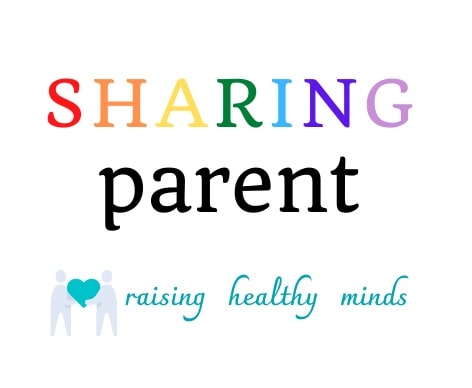Most people have not heard of prenatal depression which is also known as antenatal depression. Prenatal depression simply means depression which exists in pregnancy and can be a precursor to postpartum depression.
In everyday conversation, the word ‘depression’ is flung around to mean sadness, but clinical depression is much more than just ‘feeling sad’. Clinical depression is a major depressive disorder which steals your energy, concentration, happiness, confidence, memory and eventually your life.
“Depression is the most unpleasant thing I have ever experienced. . . . It is that absence of being able to envisage that you will ever be cheerful again. The absence of hope. That very deadened feeling, which is so very different from feeling sad. Sad hurts but it’s a healthy feeling. It is a necessary thing to feel. Depression is very different.”
J. K. Rowling
If you are feeling sad momentarily during your pregnancy, then it is unlikely you are suffering from prenatal depression, but if you are feeling sadness for weeks then read our post ‘Why you should not ignore depression during pregnancy‘ to discover prenatal depression causes, symptoms and treatments. In this post, we will share with you our tips to overcome prenatal depression.
7 tips to overcome prenatal depression
1. Confide and talk
A British team of researchers found that simply having one supportive emotionally close friend or family member could cut the risk of depression in half, so the old saying : ‘a problem shared is a problem halved’ rings true. Talking and sharing your feelings with a kind ear will help you feel less alone and could help you fight prenatal depression.
2. Exercise
Exercise changes the brain. It increases the level of ‘feel good hormones’ such as dopamine, serotonin and BDNF. Evidence has shown during depression, levels of BDNF hormone shrink over time which actually results in an impairment in learning and memory. Luckily, exercise is a natural anti-depressant! Aim for 90 minutes of aerobic exercise spread across a week: walking, swimming, yoga, running, cycling, pilates are all categorised as ‘safe’ exercises to practise during pregnancy.
3. Eat right
We know we are supposed to eat right – but donuts, chocolate, crisps -these colourful and tempting treats can be just too hard to resist. However, researchers have found that a healthy diet (the Mediterranean diet as an example) was associated with a significantly lower risk of developing depressive symptoms, so stay away from the sweet treats and the deli meats, and focus on fighting depression by eating the greens and the beans.
4. Get some sun
There have been several studies linking low Vitamin D levels to depression, so simply taking walks in the sunshine when you can and soak up the sun rays could help you defeat prenatal depression.
5. Sleep
Disrupted sleep can affect anyone’s mood, and not only can poor sleep cause depression but depression can cause poor sleep. Try meditation, journalling and/or a relaxing bedtime routine to help you sleep for longer. If you have baby duties and can never sleep for more than 2 hours at a time (newborn babies need to be fed every two hours), ask a friend/family member to take over your duties for a short period of time so you can catch up on your sleep debt.
6. Distract yourself
Depression is closely linked to chronic rumination: we all ruminate, but the problem occurs when people start ruminating for long periods of time, going over the same thoughts again and again. Notice when you are ruminating by keeping a journal, and brainstorm a list of things you can do to engage your mind when you identify you are ruminating. For example, when you notice you are ruminating you could write in your journal , listen to upbeat music, listen to audiobooks or play a game.
7. Get professional help
Speak to your GP or midwife. Nowadays, depression is very common and they will be able to provide you with appropriate support in therapy or medication. Don’t wait! Leaving it can prolong symptoms and could lead to postnatal depression.
For those who would like to learn more about these proven techniques to overcome depression, I highly recommend reading ‘The Depression Cure – The 6 step Program to Beat Depression without Drugs’ by Stephen S. Ilardi. PHD. As they say, sharing is caring, so feel free to share your experiences with depression in the comments section below.


1 Comment
Pingback: Why you should not ignore depression during pregnancy – Sharing Parent